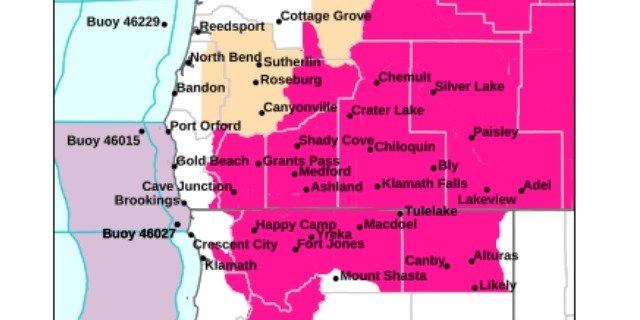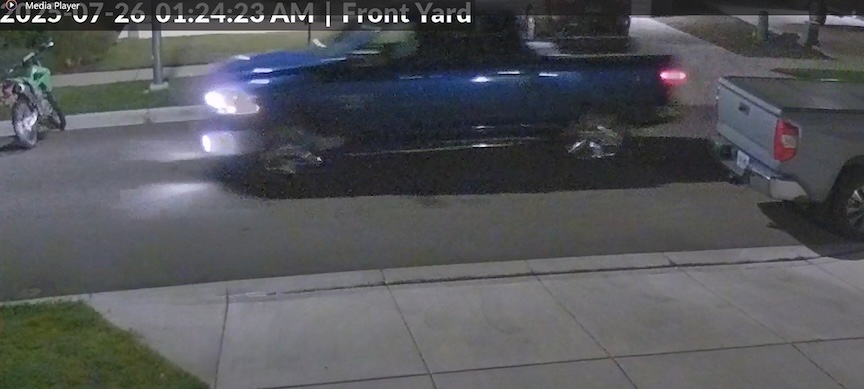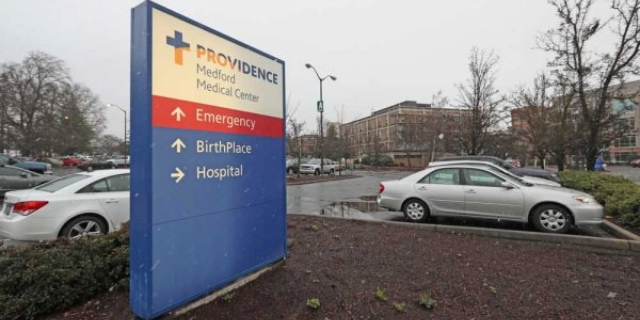OTHER VIEWS: Legislature passed the buck on campaign finances
Published 6:00 am Friday, July 7, 2023

- other views logo
Despite all the drama and rancor that defined the 2023 legislative session, Oregonians should be pleased with the results that lawmakers delivered by session’s end. While there’s a long way to go, the Legislature made several moves to help steer a course through, if not out, of crisis.
Trending
But there’s another long-festering problem that lawmakers once again failed to address — campaign contribution limits.
Despite voters repeatedly showing their support for cracking down on the unlimited donations that individuals, companies, labor unions and others can make to their preferred candidates, lawmakers have yet to pass a law curbing the massive donations of the past year.
If legislators are unable to develop a credible, fair system by the February short session, voters should be ready to make their voices known, again, and support efforts to adopt limits by initiative on the 2024 ballot.
Trending
Oregon is one of only four states in the country with no limits on contributions. In past years, the millions given by Nike co-founder Phil Knight to primarily Republican candidates have been cited as Exhibit A for why Oregon needs limits on campaign contributions.
But media reports over the past year exposing multiple problematic donations to Democrats show the need for reform crosses parties.
Last October, now-disgraced FTX executive Nishad Singh sent $500,000 to the Democratic Party of Oregon, contributing the single largest donation that the party has received.
But the donation was initially identified as coming from a cryptocurrency payment processing company — not from Singh.
Such false reporting should raise questions about whether the Democratic Party of Oregon intentionally flubbed basic campaign finance reporting to sidestep transparency requirements.
Unfortunately, it’s unclear whether Oregonians will ever get a straight answer to that question thanks to the lackluster investigation by the secretary of state’s office, whose elections director formerly served as the Democratic Party of Oregon’s deputy director. Regardless, the influence that such a massive donation can wield is exactly what donation caps help temper.
The more than $200,000 in donations made by La Mota owners Aaron Mitchell and Rosa Cazares to top Democrats should also add pressure for imposing contribution limits. The two have donated heavily over the years to Gov. Tina Kotek, former Secretary of State Shemia Fagan, U.S. Rep. Val Hoyle, Senate President Rob Wagner and several others — sometimes in large stacks of cash — an oddity that the Legislature just voted to disallow.
Do large donations matter? Considering the relatively low salaries that statewide elected officials earn and the flexibility with which they can spend from campaign accounts, such large donations at the very least raise legitimate concerns.
Unfortunately, some of the proposals that legislators have pushed the hardest in recent years would still allow large contributions by labor unions and other “small-donor” political action committees, ensuring that some of the same players that have dominated Oregon politics would continue to wield outsized power.
Oregonians aren’t looking for a perfect system, but they are looking for a fair one. And if legislators are unable to deliver that, voters should look closely at initiative petitions by campaign finance reform advocates aimed at the 2024 ballot.
Considering that it’s been hard for legislators to turn off the spigot of cash flowing their way, voters may need to do it for them.








